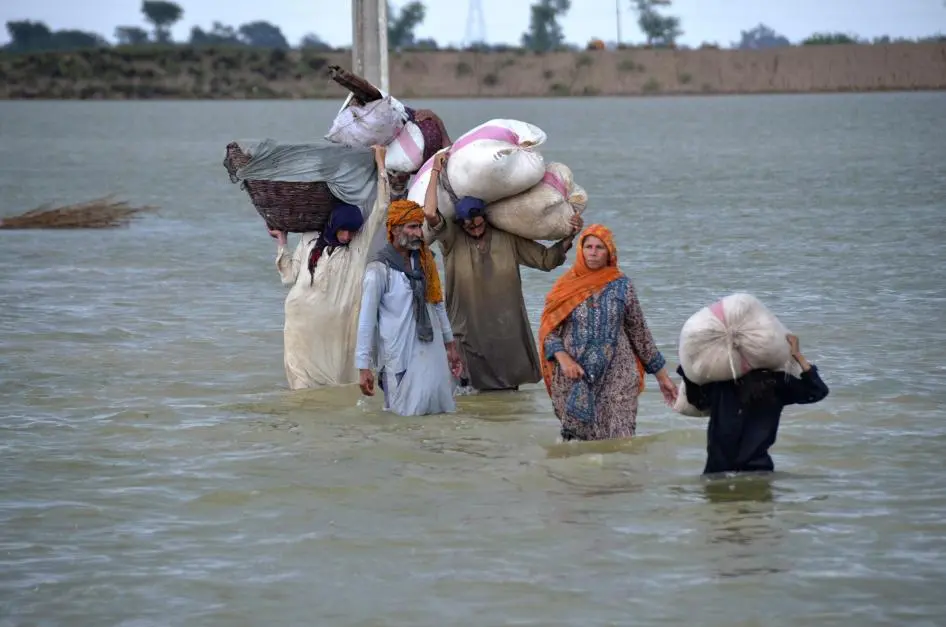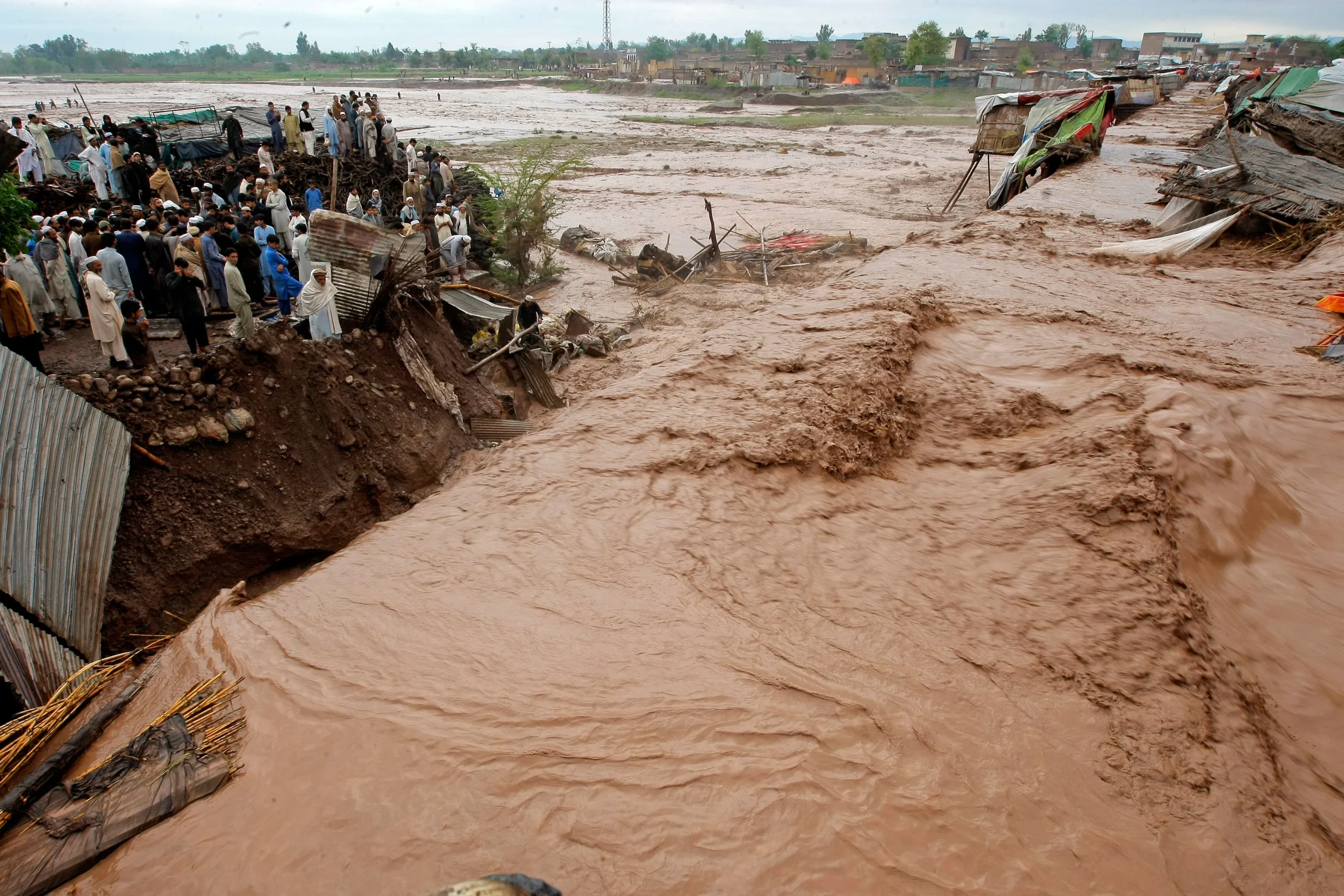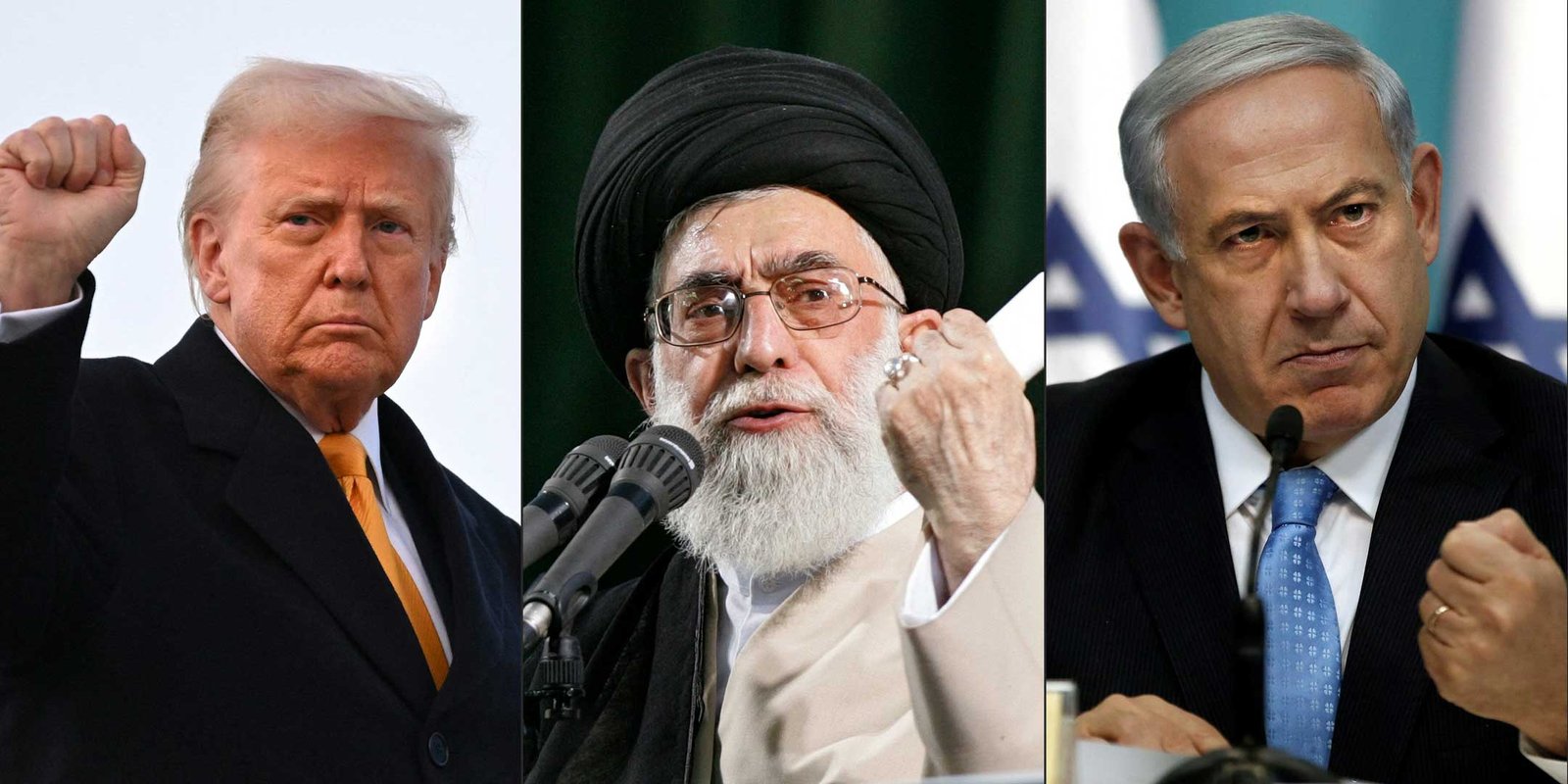Editorial
Finance Minister Muhammad Aurangzeb has attributed the delay in the disbursement of promised flood aid funding to a lack of trust from donors. Despite $11 billion in pledges made at a donors conference, only $2.6 billion has been released, prompting concerns about the slow progress in helping the country recover from the 2022 floods.
While the minister’s explanation points to the responsibility of foreign governments to ensure that taxpayers’ money is spent appropriately, it also raises questions about the impact of delayed aid on those in need. The reluctance of donors to release funds may stem from past misuse of aid, which has led to elite capture and embezzlement, creating a sense of apprehension among potential contributors.
It is crucial to recognize that the aid is not intended for development but rather to replace the destruction caused by the floods. Therefore, there is a need to shift the government’s perception away from viewing the aid as a solution to foreign exchange difficulties. By earmarking the aid for specific projects, the government can mitigate concerns about corruption and ensure that the funds are utilized effectively.
Moreover, it is essential to acknowledge that the provision of aid is a matter of justice rather than a charitable gesture. Pakistan’s increasing vulnerability to extreme weather events is linked to the greenhouse gas emissions of developed nations, making the aid a form of climate justice rather than mere assistance.
While corruption is cited as a reason for the delay in aid disbursement, it is important to note that the responsibility also lies with contractors and private companies, irrespective of their location. The reluctance of developed nations to prioritize justice over financial considerations, especially in light of their historical contributions to the climate crisis, further compounds the challenges faced by Pakistan.
Hence, the slow release of flood aid funding highlights the complex interplay of trust, justice, and accountability in international aid mechanisms, with implications for countries like Pakistan that are grappling with the dual burden of corruption and climate vulnerability.

















